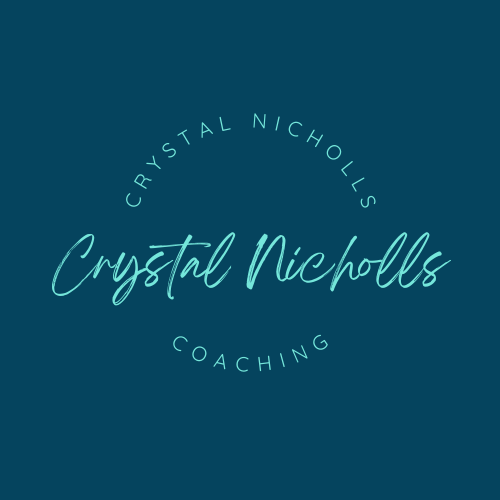Embracing a "Human First Paradigm" for Healthier and Happier Performers
To perform your best and truly reach and sustain your performance potential, you need to be a healthy person first.
This seems obvious right?
But I want you to take a few moments to reflect on if this is true for you in practice.
What do I mean? Well–when I was a performer doing 8 shows a week in the West End, my idea of self-care was whatever it took to keep me on stage each night. It didn't matter if I was in pain, it didn't matter how ill I was, as long as I was able to get myself on that stage, I thought I was taking care of my needs.
Through the work I do with performers, I have seen this to be the case with most performers as well.
What does a Human First Paradigm really mean?
This is a paradigm shift that acknowledges the needs and well-being of performers–outside of their performance goals.
This does not mean that we cannot strive for excellence, or try to improve ourselves, but too often, the desire for improvement comes at the expense of the health and well-being of performers.
A Human First Paradigm is backed by science. It calls for a holistic approach that encompasses physical, mental, and emotional well-being. Research suggests that by prioritising health and well-being, we can improve performance outcomes–on and off stage.
So what does this look like in practice?
Mental Health Support
Not just as a tick box once a year, but this should be an on-going and consistent part of every performing arts school and company. This can look like:
Providing on-going access to mental health professionals, counselling, and support groups
Consulting with mental health professionals to create policies that address and promote mental wellness
Encouraging open conversations about mental health so performers seek help without fear of judgment
Physical Health Support
Physical support should acknowledge the heavy workload and energy demands required of performers to do 8 shows a week. The emphasis should be on boosting and sustaining energy levels, stamina, and recovery, while reducing injuries. Physical support should include:
Access to a wide range of nutrition professionals including nutritionists, RDNs, and coaches, who can help performers meet their energy demands using science-backed methods
Treatment teams that include physiotherapists, osteopaths, and massage therapists
Education around cross-training and nutrition
Consultation with professionals to create policies which promote physical well-being (for example, appropriate length of breaks)
Emotional Support
This has a lot to do with the culture that is created within the company or school. There are so many times where professionals are brought in, but the emphasis is placed too much on the students/professionals to change.
A shift needs to be made on a systemic level if we are to see any lasting changes through this paradigm. This includes:
Recognising the need for rest and personal time, and allowing for more flexible work arrangements to prevent burnout
Promoting self-care by encouraging performers to prioritise self-care activities such as exercise, meditation, and hobbies–rather than encouraging a tunnel-vision view of the industry that is far too common
The bottom line
When performers are physically, mentally, and emotionally well, they are stronger, more creative, and more resilient–resulting in better performances.
By prioritising their well-being, we can help performers to more effectively cope with the pressures of the industry, leading to longer, healthier, and more sustainable careers.
Take My Quiz!
Find out what your biggest barriers are to performing your best while looking after your health. If you’d like to get clearer on which areas of your performance career needs focus and attention, you could take my free quiz.

